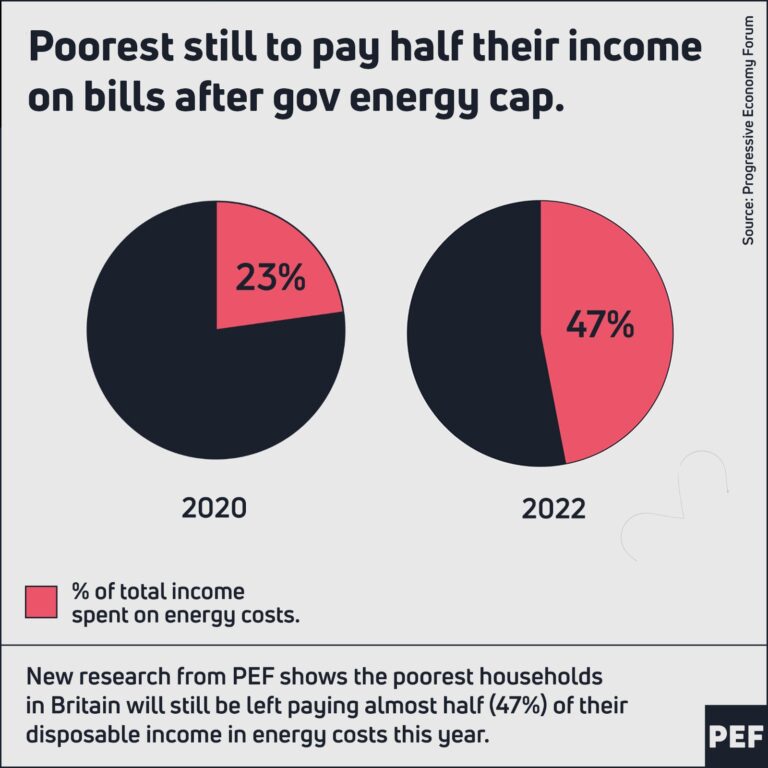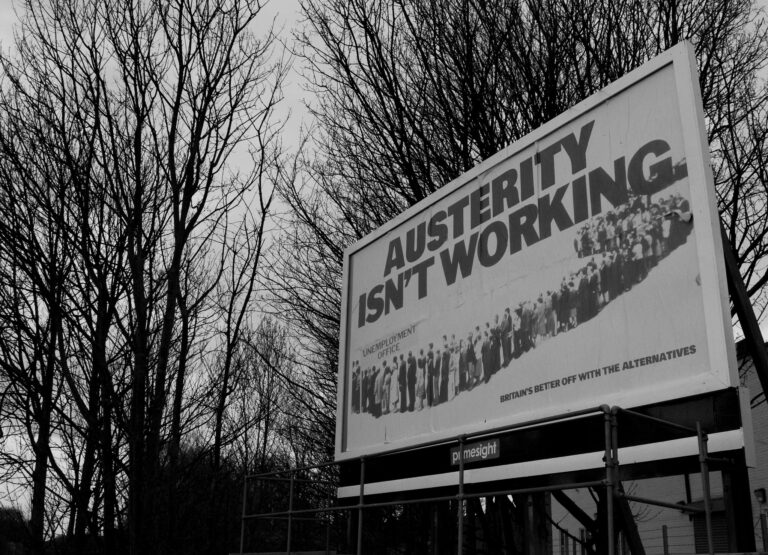Guy Standing
No economist should have been remotely surprised by the announcement of the European Super League. Its ignominious collapse could mark the beginning of a long-needed onslaught on the economic model on which it was based.
Today’s economic system is extreme rentier capitalism, where four secular trends have come together – commodification, financialisation, neo-colonialisation and rule by the plutocracy. The political left should develop a strategy for dismantling rentier capitalism, and football might just be the place to start.
Rentier capitalism is the end-game of the neo-liberal economic project that began in the 1980s, led by the zealots of the Mont Pelerin Society and the Chicago school of law-and-economics, under the political tutelage of Ronald Reagan and Margaret Thatcher. It began with financial market liberalisation, by which gradually financial capital came to dominate productive capital. Financial conglomeration, with huge asset managers, hedge funds, private equity and venture capital, has created a stranglehold on the real economy. In the UK, the value (sic) of financial assets now exceeds 1000% of GDP, as documented in the new edition of my book, The Corruption of Capitalism.
As the power and reach of global finance have grown, much of our commons – including iconic football clubs – have been privatised and commodified, in being bought and sold like lemons. This has been accelerated and deepened in every economic crisis, particularly in the austerity era since 2010. And it will be accelerated again by the Covid pandemic slump.
Worst of all, out of rentier capitalism emerged a new class structure, as more and more income and wealth flowed to the rentiers and less and less to those performing or trying to perform labour. It is not just the very top who have done well out of rentierism, but the rent-seeking winners – often indulging in what should be called the crimogenic character of a system based on rentier income – have expanded the plutocracy of multi-billionaires, ideally placed to buy and sell corporations in alliance with private equity.
And so we have what all of us know all too well – football clubs, long regarded as iconic social commons, becoming glamorous symbols of financial control. The tragedy is that this was so predictable, and yet the political left has not only not done anything when in office but has also failed to articulate a strategy for dismantling rentier capitalism. On the contrary, they have aided and abetted financialisation and increased or sustained vast subsidies, obsequiously encouraging plutocrats to come and stay, allowing private equity to buy and control our commons, pursuing low corporate tax rates, and so on.
The tragic neo-colonisation of British and European football clubs is now so extensive that dragging it all back into a commons will be incredibly difficult. But at the very least we should be saying that is the direction in which we wish to go. At least have the courage to stand up; you might find that would be very popular.
The starting point is the reality that most of our leading clubs, and a surprising number of smaller clubs, are wholly or partially owned by Russian oligarchs, middle-eastern Sheikhs, Chinese or other Asian billionaires, and increasingly – and perhaps most threateningly – US private equity capital.
The six super clubs in the Premier League that flirted with the ESL are actually on a financial knife-edge. In the past year, in aggregate they paid no tax, although Chelsea paid about 8% of gross profits and Liverpool 21%, both because they had not burdened their operating company with debt. Tottenham made a gross loss before tax of £68 million and Arsenal made a loss of £54 million. The clubs are wholly dependent on commodities, mainly on selling their matches to streaming companies like Netflix, Amazon Prime and DAZN, bypassing the less lucrative broadcasting contracts, and by transferring ‘players’, many of whom have been loaned out to smaller clubs to enhance their exchange value, or who hardly play a game while being paid about £80,000 a week. They are commodifiable property, rent-paying assets, securitisable. ‘We own super-star XX, and so you can lend us or sell us something or invest in us or, above all, advertise through us.’
Among the worst aspects is the trend to leveraged buyouts, as in the case of the infamous buyout of Manchester United in 2005 by the American Glazer family. The most recent case is Burnley FC, acquired by the US private equity firm, ALK Capital, which used the club as collateral to secure a loan to buy the club. As a result, Burnley FC is now mortgaged and has debts of over £60 million, teetering on the edge of bankruptcy. As an element in a wider strategy to dismantle rentier capitalism this leveraging should be banned.
Burnley was formed in May 1882, as a bunch of amateurs from around the Lancashire mill town community. Like Liverpool FC, founded in 1892, it was a social commons, nurtured by townspeople over the years. They should be restored as that. A first step would be for the government to insist that all clubs should have at least 10% of the board members elected by the fans, as in Spain. Perhaps too they should consider moving towards the German system, in which 51% of a club must be owned by fans. Moving in that direction would take time and would have to be done in steps.
Another anti-rentier measure would be to declare that any corporate debt incurred in commercial transactions should not be liable for tax relief. Above all, all registered football clubs should be partially nationalised, through having a public share held by the local authority. If the Government means to give credence to its claims that Brexit was about restoring national sovereignty, it should show how it is going to give meaning to that with respect to what is often called the national game. If not, Labour should promise to do so.
There is a lovely anecdote about the formative years of Liverpool, Burnley, Manchester United and other founders of the football league. When a club was short of a player or two, they would go to a nearby mine and shout down for whoever was the best player to come up, only to be answered by a chorus, ‘For which position?’ We cannot go back to those days, but we should remember the roots and support reforms that move in the direction of reviving clubs as social commons.
Guy Standing is a councillor of the Progressive Economy Forum, and a Professorial Research Associate of SOAS University of London.








